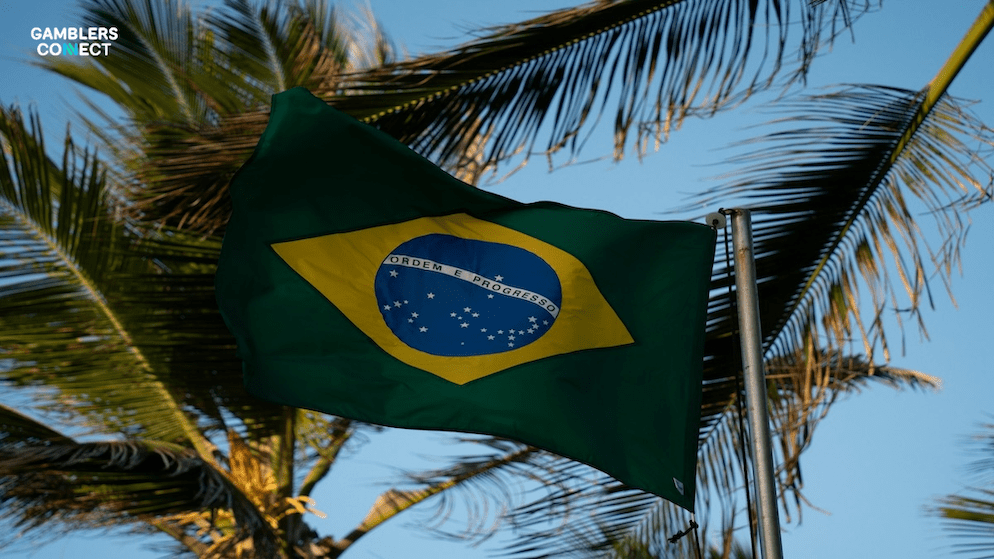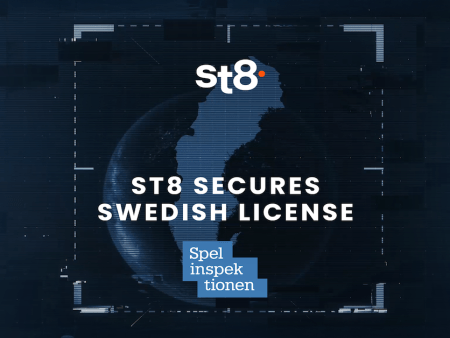
It has been a landmark year for the betting industry in Brazil. This week, one of the most critical aspects of this framework was clarified: the prevention of welfare funds from being used for gambling.
Why the rule matters
For millions of Brazilian families, government welfare programs represent a crucial lifeline. Recognizing this, the Federal Supreme Court ruled earlier this year that social benefits, such as the Bolsa Família program and the Continuous Cash Benefit (BPC), are prohibited from being used for sports betting. The government has now released the detailed ordinances required to enforce this ban. Effective immediately, all licensed betting platforms are mandated to prevent any individual receiving state aid from placing a wager.
Regis Dudena, Secretary of Prizes and Bets, commented:
Protecting citizens, their security, their rights, and their personal data are always objectives of the Brazilian government.
How it will work in practice
The responsibility for enforcement rests entirely with the betting operators. According to the new rules, all companies must integrate with the government’s official Betting Management System (Sigap). Each player must be verified against this system not just upon creating an account, but also at their first login every single day. If a user is identified in the database as a recipient of Bolsa Família or BPC, the regulations mandate a clear three-step process:
- Block the user’s account immediately.
- Proceed to close the account.
- Return any deposited funds to the user.
The people behind the numbers
This regulation of welfare funds is about more than just compliance; it impacts millions of vulnerable citizens. The Bolsa Família program provides essential support to 20 million households, benefiting approximately 54 million people who live on a per-person monthly income of less than 77 reals (around £10). The BPC program serves as a basic pension for 5.8 million individuals, including citizens over 64 and those with disabilities that prevent them from working. For these households, every real is vital. Using even small sums for betting could jeopardize money allocated for essentials like food, healthcare, and education.
What happens if someone tries anyway?
The consequences of a violation will be borne by the operators, not the families. The Ministry of Finance has explicitly stated that a welfare recipient’s benefits will not be cut if they are found on a betting platform. Instead, the operator is legally required to block the account and refund the money. This ensures that the social safety net remains intact, while the compliance burden is placed firmly on the companies.
The clock is ticking for operators
The official countdown started on October 1, 2025. All licensed operators now have a 30-day window to fully integrate these mandatory checks into their platforms. With the market set to go live in just a few months, technology and compliance teams are now under significant pressure to implement these systems swiftly and effectively. Brazil is making its position clear: the market will be open, but its opening will not come at the expense of its most vulnerable populations.
The bigger picture
This new welfare funds ordinance is a key component of a broader government strategy to construct a safe and socially responsible betting industry in Brazil. With millions of players anticipated to join the regulated ecosystem in 2025, the government is determined to prove that market growth and social protection can successfully coexist. The challenge now lies with the operators, who must navigate these strict compliance requirements while striving to deliver a user-friendly and competitive betting experience.





